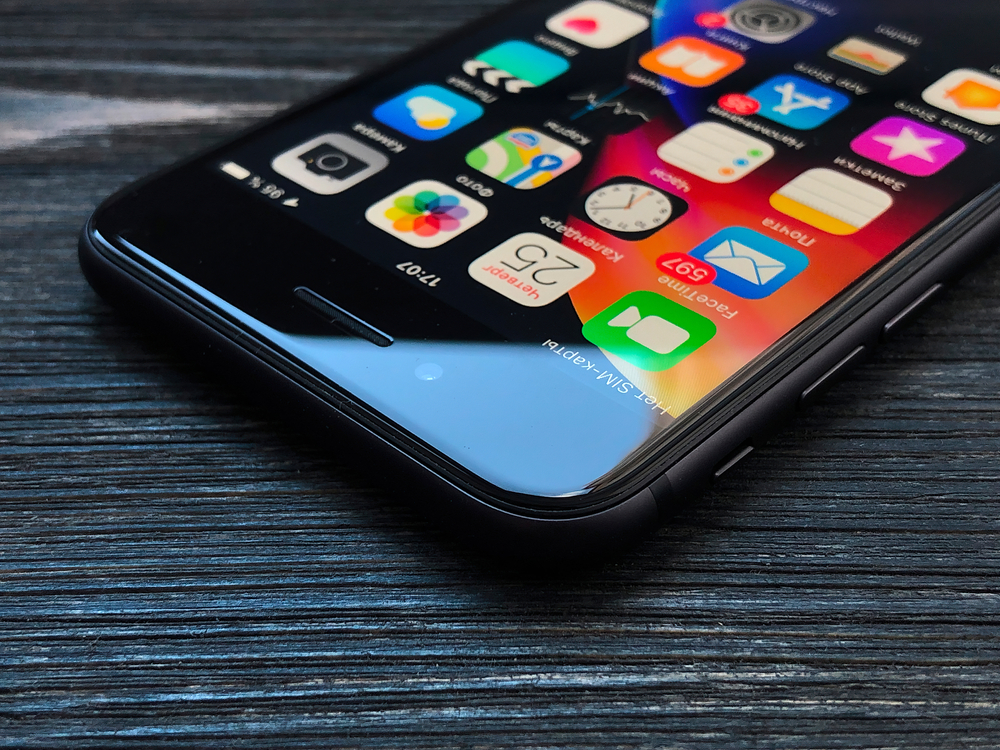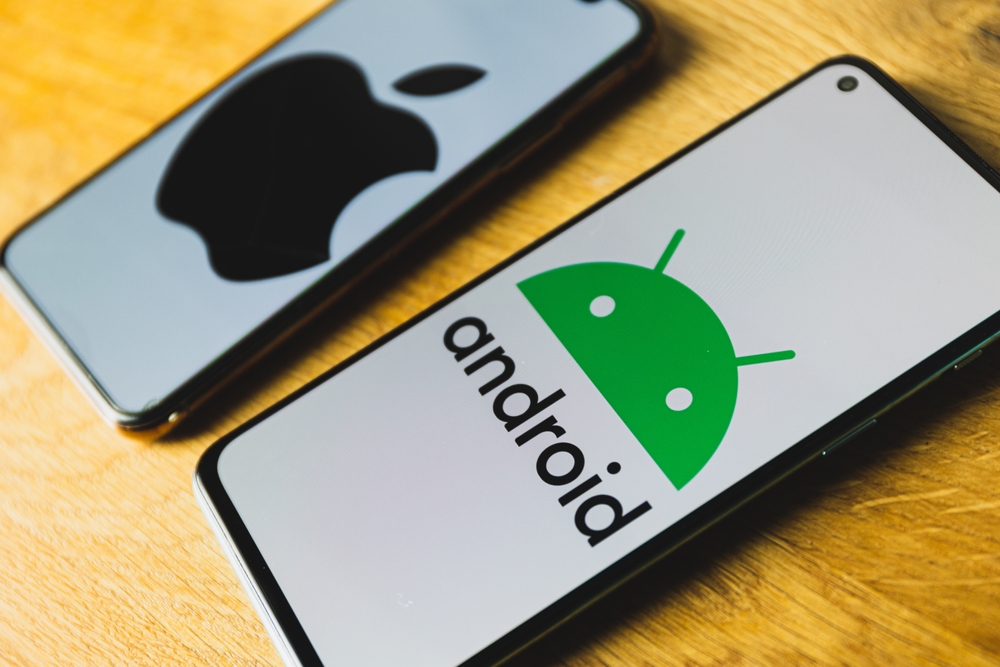
Boost Your Mobile App's Success: Expert Tips and Tricks for Effective Marketing and Promotion

With millions of mobile apps available in the app stores, getting your mobile app to stand out from the crowd can be a daunting task. However, with the right marketing and promotion strategies, you can significantly boost your app's success and increase its visibility, downloads, and user engagement. In this article, we will share some expert tips and tricks to help you effectively market and promote your mobile iOS or Android app .
1. Define Your Target Audience and Create a Marketing Strategy
Before you even start marketing your mobile Google Play or App Store app , it's crucial to identify your target audience. Who are the people most likely to use and benefit from your app? Understanding your target audience's demographics, interests, and pain points will enable you to tailor your marketing efforts effectively.
Once you have defined your target audience, it's time to create a comprehensive marketing strategy. This strategy should outline the various marketing channels and tactics you will use to reach and engage with your audience. It can include strategies such as app store optimization (ASO), social media marketing, influencer collaborations, content marketing, and paid advertising.
2. Optimize Your App Store Presence with ASO
App store optimization (ASO) is the process of optimizing your mobile Android or iOS app 's presence in the app stores to increase its visibility and organic downloads. ASO involves optimizing various elements, including the app title, keywords, description, screenshots, and reviews.
To effectively optimize your app store presence, conduct thorough keyword research to identify relevant keywords with high search volumes and low competition. Incorporate these keywords strategically in your app's title, description, and keyword field to improve its discoverability in the app store search results.
In addition to keywords, compelling screenshots and a well-crafted app description are essential for attracting potential users. Focus on highlighting your app's unique features, benefits, and user reviews to convince users to download your app.
3. Leverage the Power of Social Media Marketing
Social media platforms offer a tremendous opportunity to reach and engage with your target audience. Research the social media platforms where your target audience spends the most time and create a strong presence on those platforms.
Share regular updates, app-related news, and engaging content on your social media channels to keep your audience informed and interested. You can also run targeted ad campaigns on social media platforms to reach a broader audience and drive downloads.
Furthermore, leverage the power of influencer marketing by collaborating with influential individuals in your app's niche. Seek out influencers who have a significant following and engagement from your target audience and partner with them to promote your app to their followers.
4. Create Compelling Content to Engage Users
Creating high-quality, informative, and engaging content related to your mobile App Store or Google Play app can help drive organic traffic, boost user engagement, and improve your app's visibility in search engine rankings.
Start by creating a blog on your website and regularly publish articles, guides, tutorials, and case studies related to your app or industry. Optimize your content with relevant keywords to improve its visibility in search engine results.
Additionally, consider producing videos and tutorials showcasing your app's features and functionality. Video content has become increasingly popular and can help you effectively demonstrate the value of your mobile app to potential users.
5. Invest in Paid Advertising
While organic marketing strategies are essential, investing in paid advertising can significantly boost your mobile app's visibility and downloads. Consider allocating a portion of your marketing budget to pay-per-click (PPC) advertising campaigns on various digital platforms.
Platforms like Google Ads, Facebook Ads, and in-app advertising networks allow you to target specific demographics, locations, and interests, ensuring your ad reaches the most relevant audience. Test different ad formats, such as banner ads, interstitial ads, and video ads, to determine what works best for your app.
Frequently Asked Questions
1. How long does it take to see results from marketing efforts?
The time it takes to see results from your marketing efforts can vary depending on various factors, including your app's niche, competition, marketing budget, and the effectiveness of your strategies. It's important to give your marketing efforts sufficient time and continuously analyze and optimize your strategies to achieve desired results.
2. Should I focus on organic marketing or paid advertising?
A combination of organic marketing and paid advertising is typically recommended for optimal results. Organic marketing strategies help establish a sustainable presence and attract long-term users, while paid advertising can provide an initial boost in visibility and downloads. The ideal mix may vary depending on your app and target audience.
3. How can I measure the success of my marketing efforts?
Tracking key performance indicators (KPIs) is crucial to measure the success of your marketing efforts. Some essential KPIs for mobile apps include the number of downloads, user engagement metrics (such as time spent in-app, retention rate, and session length), conversion rate, and return on investment (ROI) from paid advertising campaigns.
4. Can app store reviews impact the success of my mobile app?
Yes, app store reviews play a significant role in influencing potential users' perception of your app. Positive reviews help build trust and credibility, while negative reviews can deter users from downloading your app. Encourage satisfied users to leave positive reviews and promptly address and resolve any negative feedback or issues raised by users.
5. Is it necessary to update my mobile app regularly?
Regular updates are crucial for maintaining user engagement and satisfaction. Updating your app regularly allows you to address bugs, introduce new features, enhance performance, and incorporate user feedback. Investing in continuous improvement ensures your app remains competitive and delivers value to its users.
Other useful resources
- https://www.appguru24.com/apps-directory/android/
- https://www.appguru24.com/mobile-app-developer/